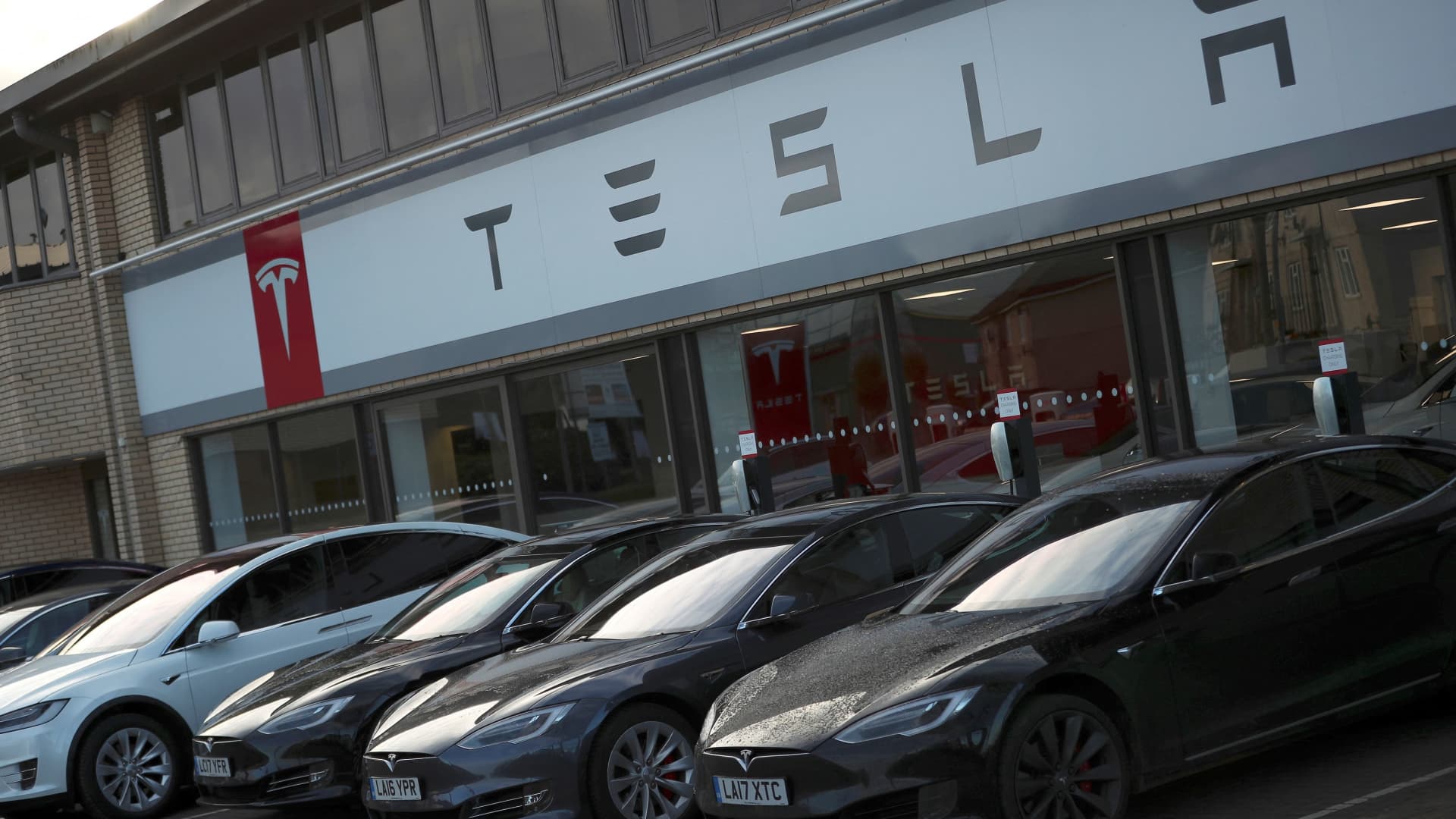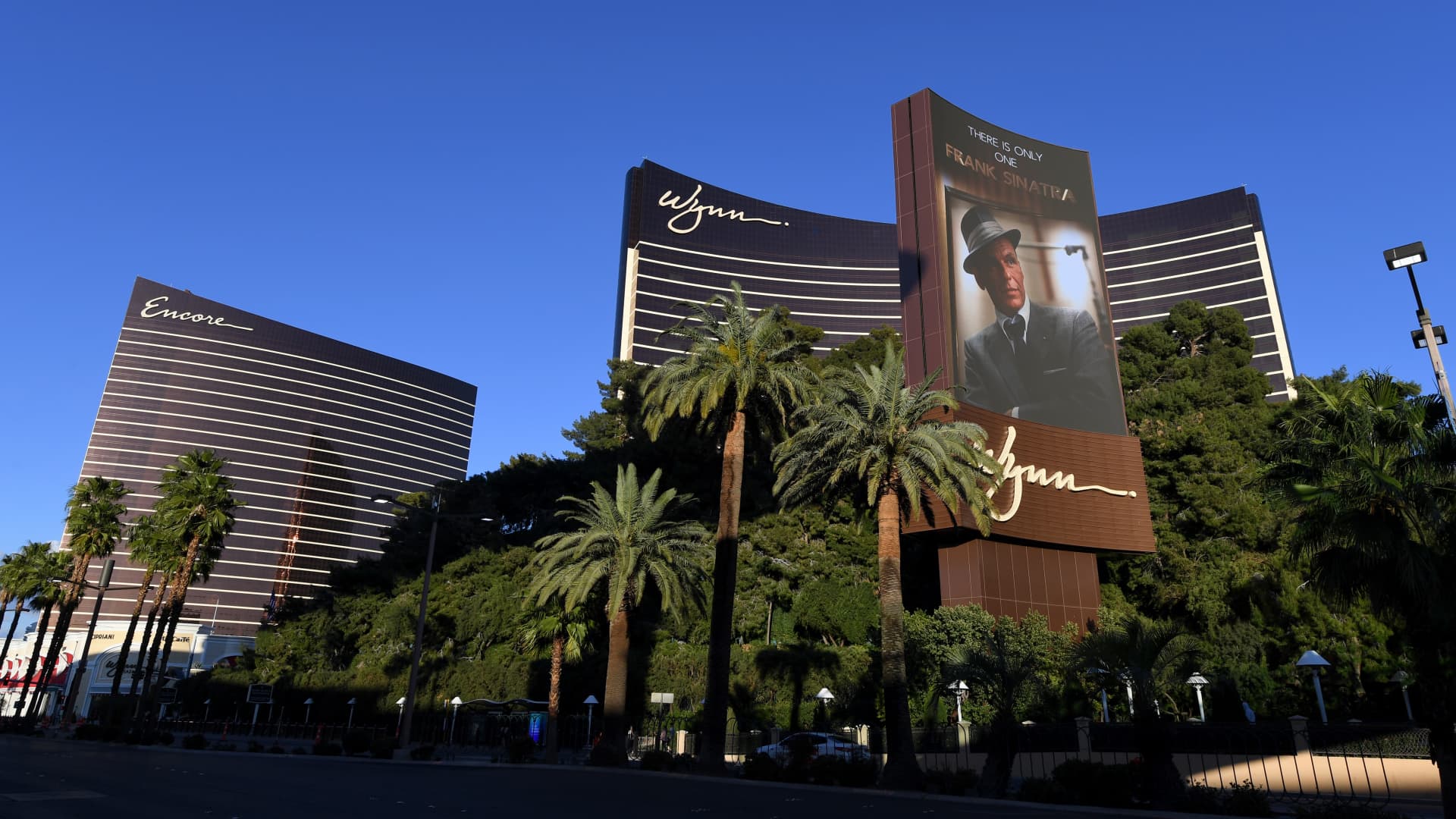US Markets
Thursday, May 23rd, 2024 3:21 pm EDT
Key Points
- The U.S. Department of Justice, joined by 30 states, is suing Live Nation, the parent company of Ticketmaster, for alleged antitrust violations, accusing the company of monopolistic control over the live events industry, resulting in higher costs for fans and fewer opportunities for artists and smaller promoters.
- Live Nation and Ticketmaster, which merged in 2010, are accused of using their dominant position to maintain a self-reinforcing business model, locking artists into exclusive deals and venues into long-term contracts, and retaliating against competitors, thereby perpetuating their market dominance.
- In response to the lawsuit, Live Nation denies the allegations, arguing that factors like production costs and ticket scalping are responsible for high ticket prices, not their business practices, and claims that the DOJ’s actions are “anti-business” and unfounded.
The U.S. Department of Justice (DOJ) has filed a lawsuit against Live Nation, the parent company of Ticketmaster, accusing it of antitrust violations. This action, joined by 30 states, follows a DOJ investigation initiated in 2022 after fan complaints regarding the problematic ticket sales for Taylor Swift’s Eras tour. Attorney General Merrick Garland stated that Live Nation exploits anticompetitive practices to dominate the live events industry, resulting in higher costs for fans, fewer opportunities for artists, and limited choices for smaller promoters and venue operators. Garland emphasized that breaking up Live Nation-Ticketmaster is essential to restore competition in the industry.
Live Nation’s stock fell by 5% following the lawsuit announcement. In response, the company dismissed the DOJ’s monopoly allegations as “absurd,” arguing that the complaint unfairly blames concert promoters and ticketing companies for high ticket prices, ignoring other factors such as rising production costs, artist popularity, and online ticket scalping. Dan Wall, Live Nation’s executive vice president for corporate and regulatory affairs, defended the company by stating that neither Live Nation nor Ticketmaster control ticket prices.
The merger of Live Nation and Ticketmaster in 2010 created a powerful entity in the live event industry, managing global ticket sales and owning over 265 entertainment venues in North America. According to the DOJ lawsuit, Live Nation controls around 80% or more of primary ticketing for major concert venues. The lawsuit, filed in the U.S. District Court for the Southern District of New York, accuses Live Nation of using its revenue from concert fees and sponsorships to secure exclusive promotion deals with artists, thereby locking new concert venues into long-term contracts and perpetuating its dominance.
Furthermore, Live Nation is alleged to have engaged in practices such as threatening financial retaliation against competitors and venues that work with rivals, strategically acquiring smaller competitors, and leveraging its relationship with Oak View Group to discourage competition in concert promotions. The company gained negative attention last year when a surge in demand for Taylor Swift concert tickets, exacerbated by bots, led to significant site disruptions. This incident prompted a Senate subcommittee to subpoena Live Nation and Ticketmaster in November 2023.
The DOJ asserts that U.S. music fans are disadvantaged by outdated ticketing technology and higher ticket prices compared to other countries. Despite Live Nation’s claims that its service charges are competitive and its profit margins are low compared to other S&P 500 companies, the company is accused of benefiting from monopolistic practices. Live Nation contends that the lawsuit will not lower ticket prices or service fees, emphasizing that artists set ticket prices and venues retain most ticket fees. The company argues that the DOJ’s action is “anti-business” and lacks a legal basis against vertical integration.
Live Nation recently reported a record first quarter with a 21% revenue increase compared to the previous year. The company has also faced scrutiny over hidden fees in ticket pricing, highlighting ongoing transparency issues. Despite these challenges, Live Nation maintains that its practices are fair and competitive within the live events industry.
For the full original article on CNBC, please click here: https://www.cnbc.com/2024/05/23/justice-department-sues-live-nation-ticketmaster.html




